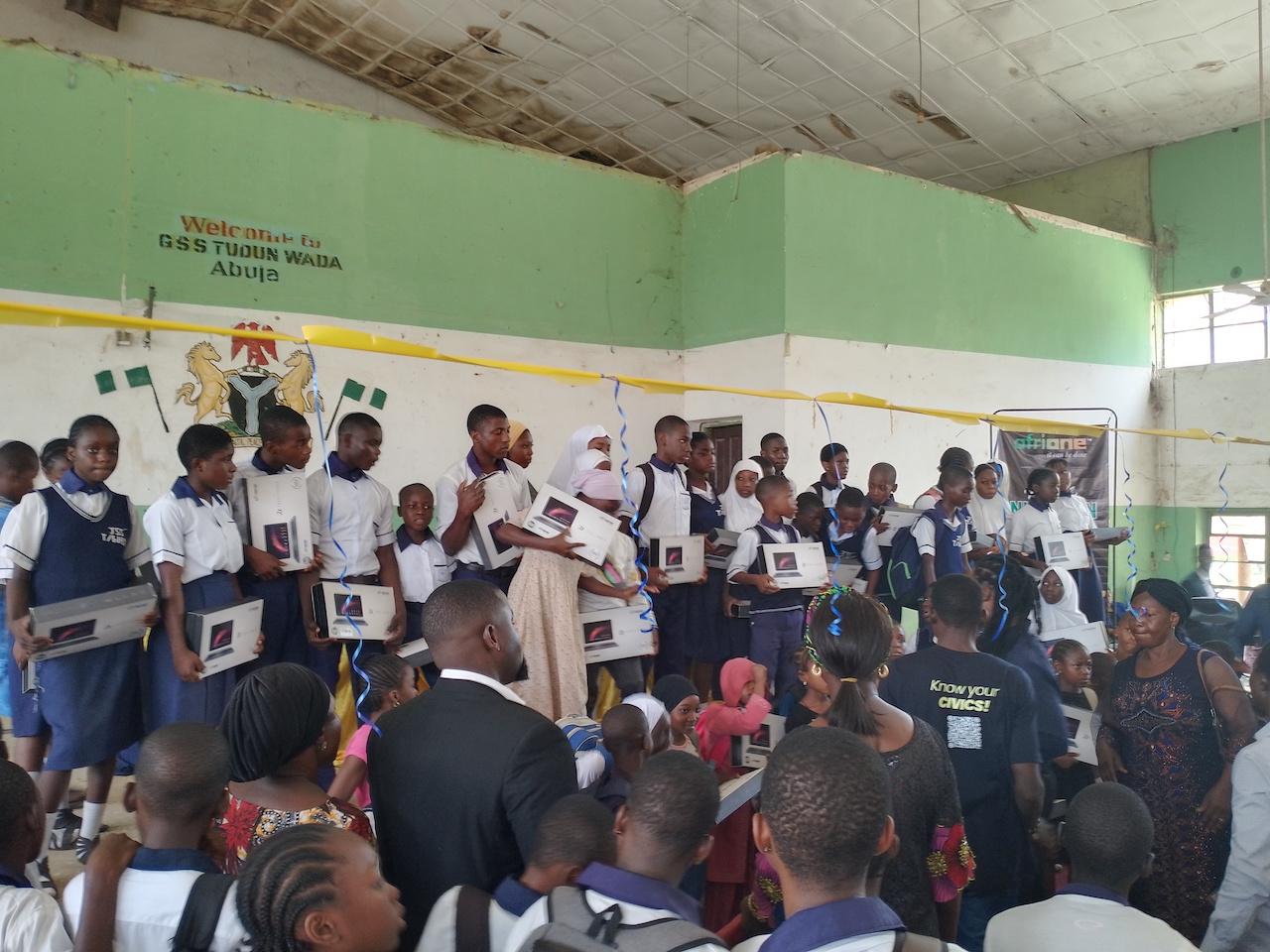New Leicester City manager, Ruud van Nistelrooy, has shed light on his departure from Manchester United, expressing feelings of disappointment and hurt over how his exit unfolded.
The Dutchman, who stepped in as United’s interim manager after Erik ten Hag was sacked, has revealed he held an open and candid discussion with United’s new boss, Ruben Amorim, before his departure last month.
Van Nistelrooy explained that taking on the interim role was motivated by his deep connection with the club, its people, and its fans.
However, once Amorim arrived, the Portuguese manager opted not to include Van Nistelrooy in his coaching setup, a decision that left the former United striker disheartened.
“I stepped in as interim manager because I wanted to help the club during a difficult period,” Van Nistelrooy said.
“My intention was clear—I was there to assist United, and I was open to staying on in any capacity to continue that support.
So, when I was informed that I wouldn’t be part of the new coaching team, it was a tough pill to swallow.
I was disappointed, very much so, and it hurts.
”He added, “United is a club that means so much to me, and the bond I share with the fans and the people there is something I hold dear.
The only assistant managerial role I would have considered at this stage in my career was at United.
That’s why it stung even more to be shown the door.
”Despite his disappointment, Van Nistelrooy acknowledged the complexities of the situation, admitting that as a manager himself, he could understand Amorim’s perspective. “When I reflected on it, I got my head around the decision.
I understand that a new manager would want his own setup and might see my presence as a potential complication. It’s part of the job, and I respect that.
”Van Nistelrooy credited his conversation with Amorim for helping him move on. “I spoke to Ruben about it, man to man, manager to manager.
He was honest and respectful, and I’m grateful for that. It really helped me process everything and turn my focus to new opportunities.
”Shortly after his departure, Van Nistelrooy began discussions with Leicester City and was eventually appointed as their new manager.
The move, he said, has rejuvenated his spirits. “While leaving United hurt, the chance to take charge at Leicester City is an exciting new chapter for me, and I’m fully committed to making the most of it.
”As Van Nistelrooy transitions into his role at Leicester, his departure from United underscores the challenges even the most beloved figures face in football’s ever-evolving landscape.

